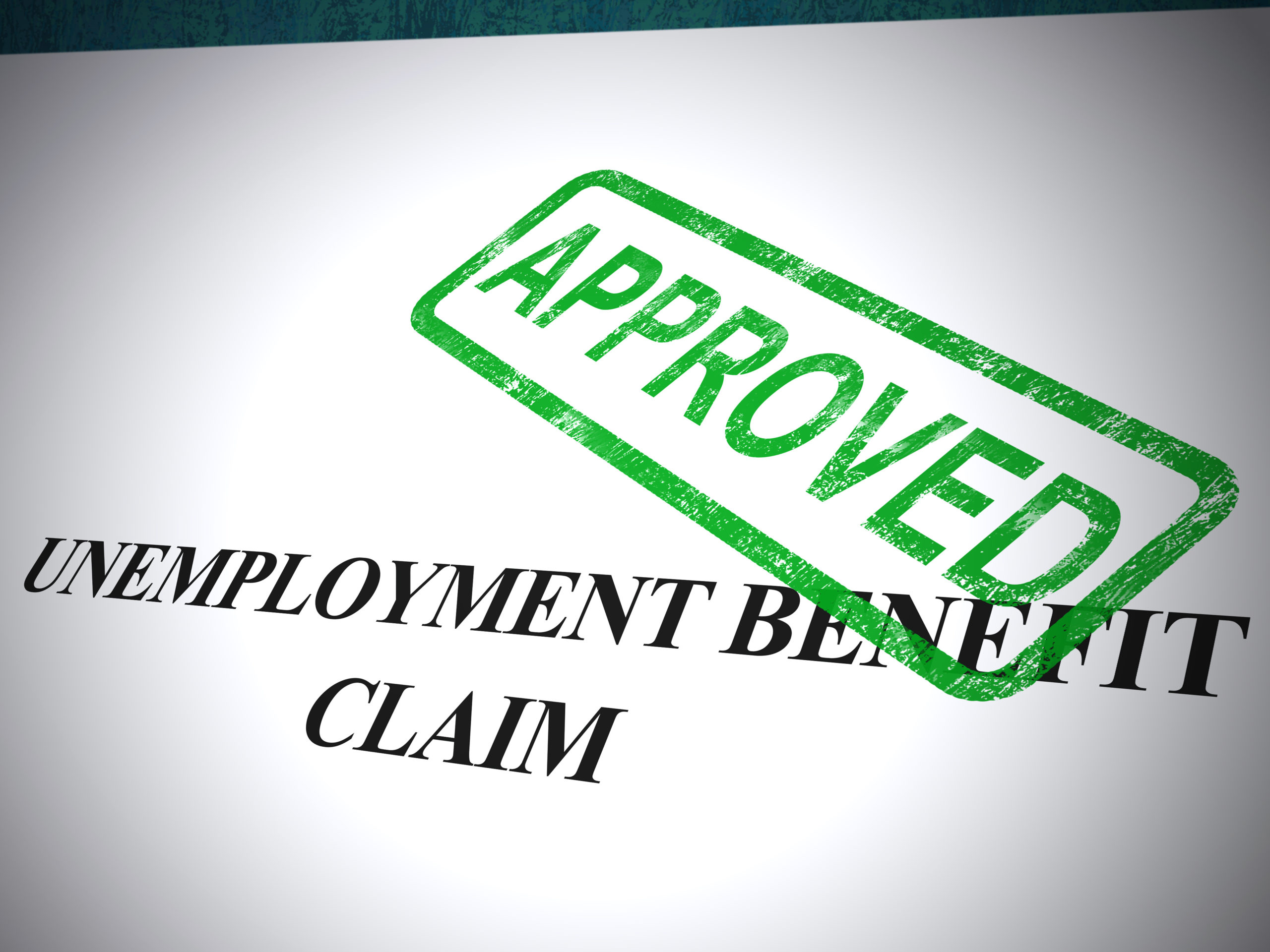What is the Unemployment Assistance Process?
In Florida, to obtain reemployment assistance benefits, an individual must file a claim with the Florida Department of Economic Opportunity. Once the claim is filed, the claim undergoes an adjudication process where the claim is reviewed for potential issues which may disqualify an individual from receiving reemployment benefits such as: reason for termination, individual’s availability, and individual’s ability to work. These issues will require a complete fact-finding form to be filed on the CONNECT portal through the Florida Department of Economic Opportunity. After an adjudicator reviews the documents, you will be found eligible or ineligible for reemployment assistance benefits. It is important to make sure that all of your answers are accurate as any discrepancies may delay the process or result in a disqualification of benefits. To avoid wrong answers or possible mistakes it is important to have all of your employment paperwork from the past eighteen (18) months present for review while you fill out your application.
If you are eligible, you can obtain reemployment assistance benefits. If you are ineligible, you face three options:
- The eligibility determination can be redetermined if there is new and substantial information presented;
- The ineligibility can be requested to end if the ineligibility no longer exists, such as an existing injury has healed and the doctor has cleared you to work; or
- If you are not satisfied with the determination and now new and substantial information has been presented, then you can file an appeal.
How to Appeal an Unemployment Assistance Decision?
To appeal the reemployment assistance determination, you may submit a request for an appeal by mail, fax, or online through CONNECT. The appeal is a request for an administrative hearing led by an appeals referee. However, it is important to note that an individual has twenty (20) calendar days to file an appeal after the determination has been made. Further, when applying for an appeal it is important to consider any witnesses you may want to call at the hearing or any evidence you would like to submit as the application will require you to submit these names and documents.
After an appeal has been filed, the following events occur:
- The individual will receive a Notice of Hearing.
- The hearing is typically held on a conference call with all relevant parties in attendance. However, it is possible for the hearing to be conducted in person and therefore, it is crucial that you review the Notice of Hearing in order to fully comply with the Notice and avoid any adverse determination.
- The appeals referee will contact the parties on the scheduled hearing date at a phone number provided in the individual’s application for appeal.
- The appeals referee will then (1) request permission to record the hearing; (2) explain the purpose and the process of the hearing; (3) place parties and witnesses under oath; (4) question parties and witnesses or assist in questioning; and (5) determine if evidence presented should be admitted as testimony, reviewed, or considered.
- During this time both parties will be allowed to cross examine each party’s witnesses, submit evidence, and provide a closing statement.
- Within ten (10) days the appeals referee will make a determination to affirm, reverse, or modify the determination, or even dismiss the appeal.
If an individual is unsatisfied with the decision, the individual can request review by the Reemployment Assistance Appeals Commission. However, this avenue reviews the decision based on testimony and evidence in the hearing.
How Important is it to have a Lawyer Representing you in the Unemployment Assistance Process?
It is crucial to have a lawyer representing you in the reemployment assistance benefits process, especially in the Appeals Hearing. A lawyer can guide their client on how to proceed when their eligibility or ineligibility determination is made, on ensuring proper documentation is obtained, and on alternative courses of action. Further, in the appeals hearing, a lawyer can effectively introduce testimony and physical evidence on your behalf to assist your claim. It is important to note that the referee will only consider evidence that has been submitted properly into evidence during the hearing. Also, a lawyer can assist by objecting to evidence that is considered hearsay. Objecting to hearsay is valuable because the lawyer can cite to case law where hearsay evidence should not be considered in the overall decision, but can be noted. In Yost v. Unemployment Appeals Com’n, the court illustrated that in administration hearings, including unemployment compensation hearings, the appeals referee can admit hearsay evidence only for the purpose of explaining or supplementing other evidence, but, it is insufficient to stand alone and prove a material fact. Yost v. Unemployment Appeals Com’n, 848 So.2d 1235 (Fla. 2d DCA 2003). Lastly, a lawyer can effectively advocate on your behalf in the closing argument and serve as an incredibly powerful resource of persuasion for your claim.








